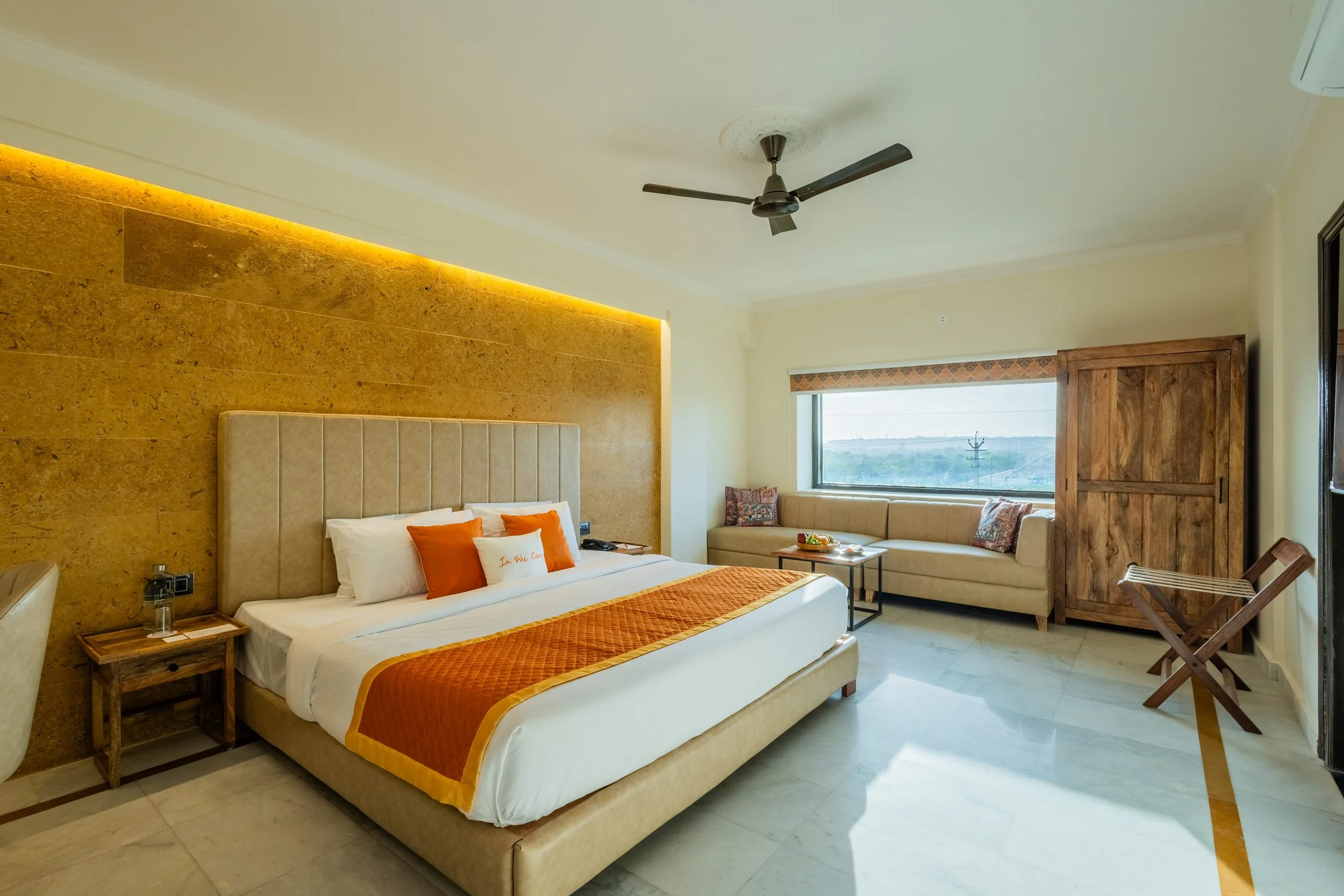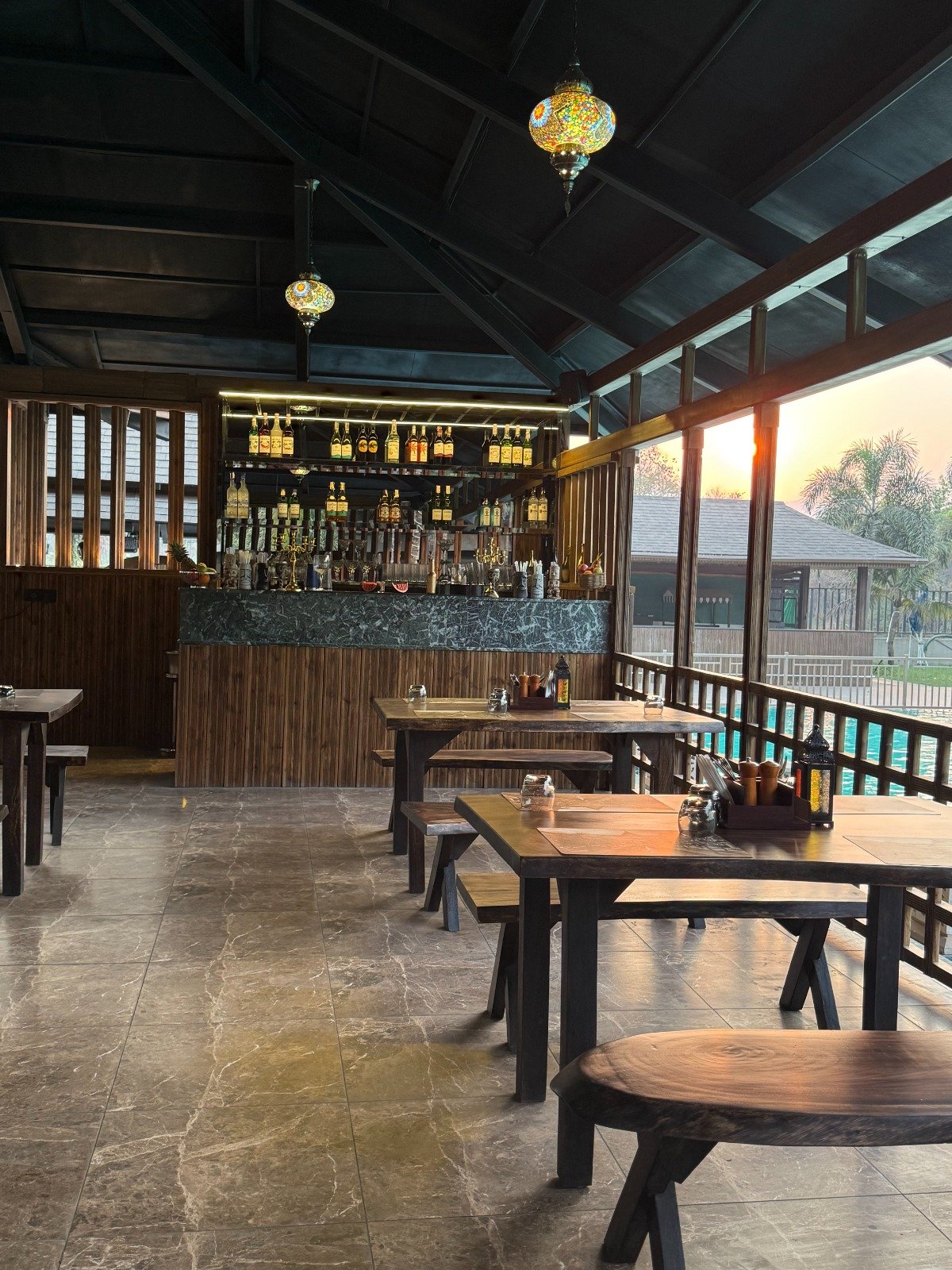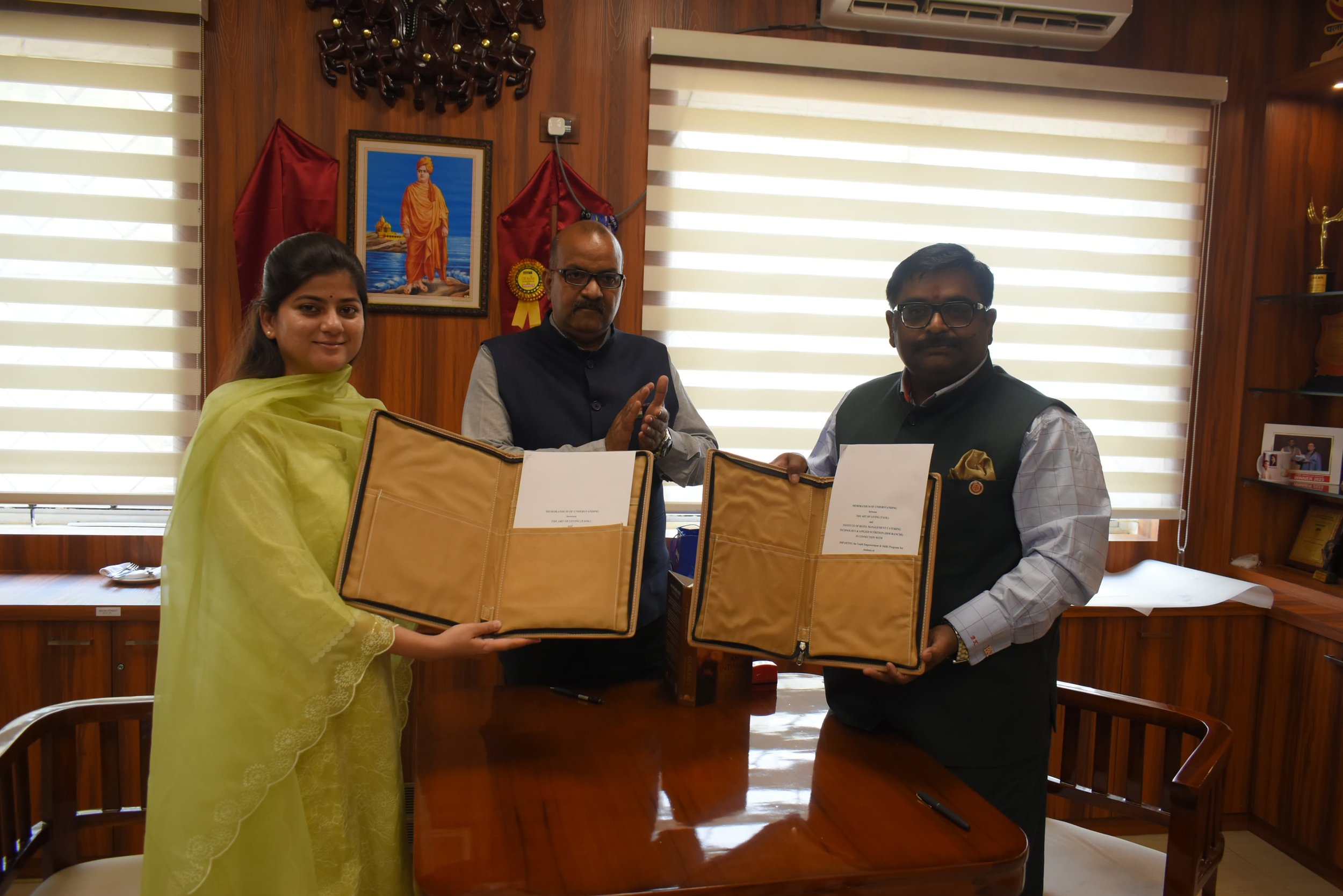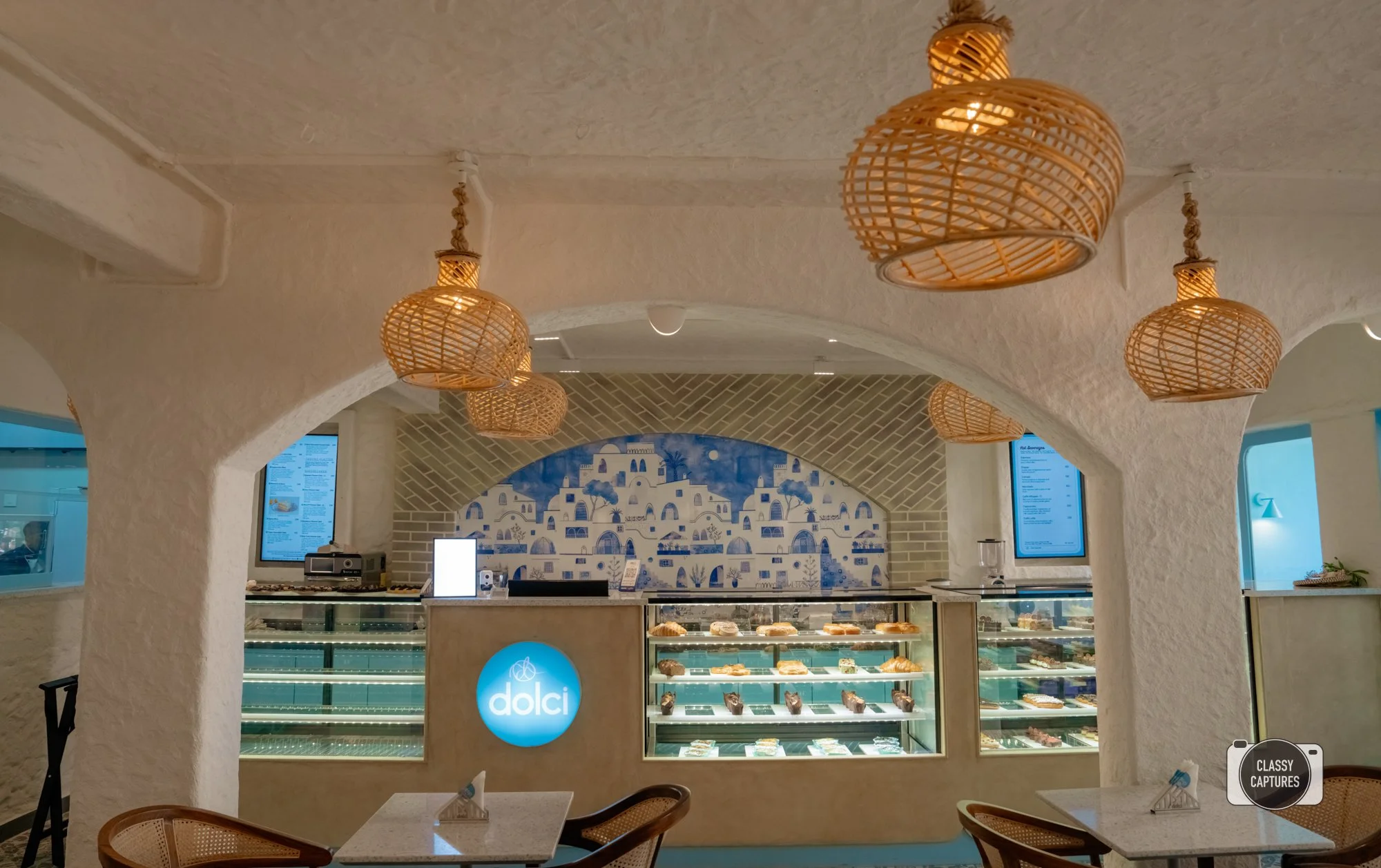Banyan Tree Krabi joins hands with a local fishing village, giving visitors an intimate opportunity to help create local products
/ prabhjot bedi
Banyan Tree Krabi, a luxury 72-key resort situated on secluded Tubkaek Beach, is encouraging its visitors to immerse themselves in the local Southern Thai culture, by joining weekly excursions to a nearby island renowned for producing beautiful batik fabrics and woodcrafts.
The initiative is part of the Banyan Tree Group’s “Stay for Good” programme, launched two months ago, aimed at enticing guests at 5-star hotels worldwide to roll up their sleeves and join neighbouring villagers at work.
At the Balinese property of Buahan, A Banyan Tree Escape, for example, guests spend a day with local farmers, foraging for fruits and edible plants, while at Garrya Nijo Castle Kyoto in Japan, visitors learn how to entwine grass to make traditional thatched roofs for villagers’ homes.
“At Banyan Tree Krabi, we invite our guests to embark on a day’s adventure at the quiet fishing town of Ban Koh Klang on a small island in the middle of the Krabi River,” said Sustainability Manager Ms Thepsuda Loyjiw. “It’s a great opportunity to travel by traditional longtail boat along the river where they might spot some rare bird species and wild monkeys among the mangroves. The island itself is a spectacular natural setting and among the hidden gems we visit is a series of majestic limestone caves.”
A lunch, inspired by home-grown fruits, vegetables and recipes passed down from one generation to the next, is served on a floating restaurant among the mangroves, then the guests meet the villagers and interact.
Among the daily pursuits the foreign visitors can experience are: joining the local craftsmen who intricately carve and create wooden models of longtail boats, which are sold in Krabi as souvenirs; and sitting with the women of Ban Koh Klang who are veterans of batik art, mixing organic dyes and skillfully painting colourful fabrics. Harvesting rice in the fields with a local family is included as a seasonal activity.
Launching the programme in May, Banyan Tree said it hopes the visits will “encourage a deeper connection with each destination while honouring the heritage and traditions and contribute to creating more opportunities for local communities.”
Constantly vying to reduce the hotel’s carbon footprint, in December Banyan Tree Krabi partnered with a local artisan, Souvenirs From the Sea, a project involving beachcombing for refuse and waste products that could be upcycled into sellable items such as tote bags.
Banyan Tree Krabi’s other recent sustainability initiatives include an Earth Day beach clean-up, and the introduction of Forest Bathing, a nature-based educational tour for guests, including children, to help raise awareness about environmental conservation and protecting local flora and fauna.
“Of course, many guests come to a serene destination to relax, to enjoy cocktails at sunset, spa treatments, and wining and dining,” said Loyjiw. “However, they also want to see the local customs, and nothing feels better than giving something back to the community.”
For more information, contact Banyan Tree Krabi at: krabi@banyantree.com or tel: +66 75 811 888.






























